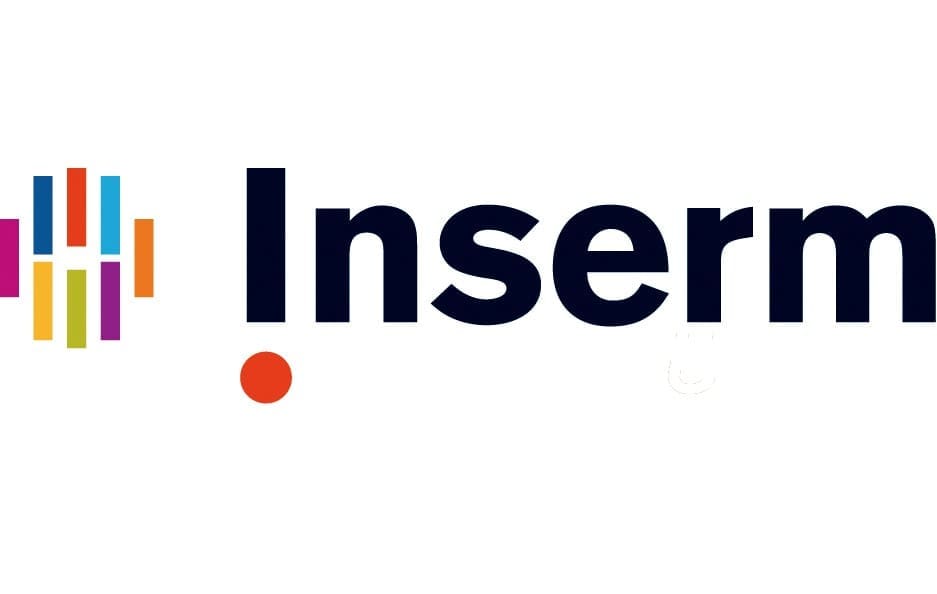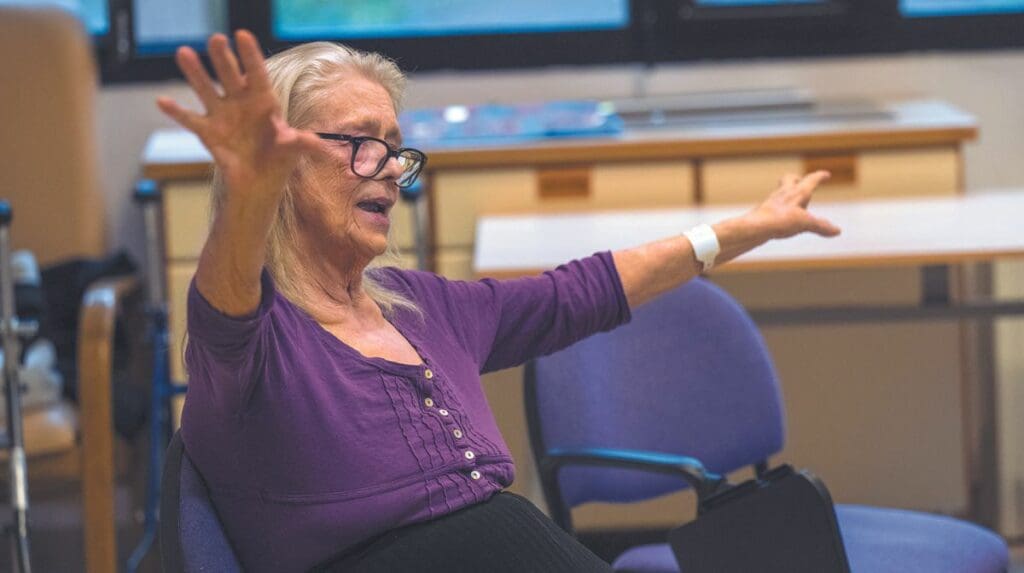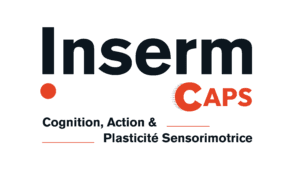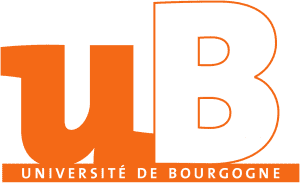Balance and gait impairments are common in individuals with Alzheimer’s disease. Dance is a moderate physical activity that activates mechanisms of motor cognition through the perception-action loop. Tango seems to hold a unique position due to its cultural and emotional resonance among older people. Furthermore, it appears that the gait and specific steps of tango are particularly suited for the rehabilitation. In the context of our study, we assessed the efficacy of tango as a non-pharmacological intervention to enhance gait, balance, and quality of life in older people with Alzheimer’s disease. Thus, in our motion analysis laboratory, we are investigating the underlying mechanisms that render tango a potentially valuable tool in the rehabilitation of gait and balance.



